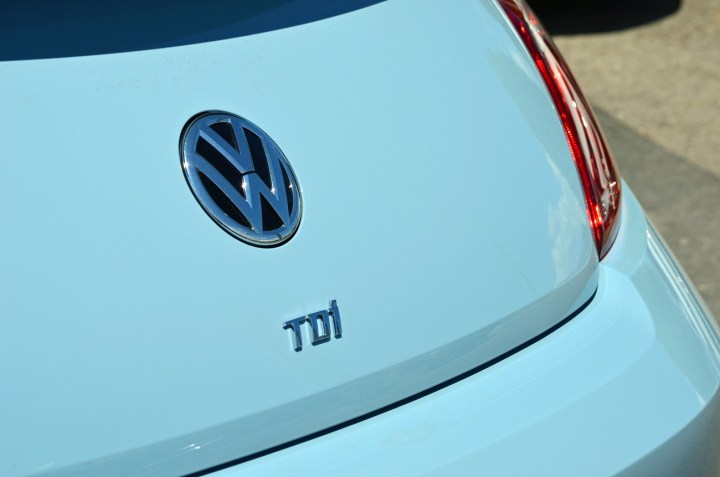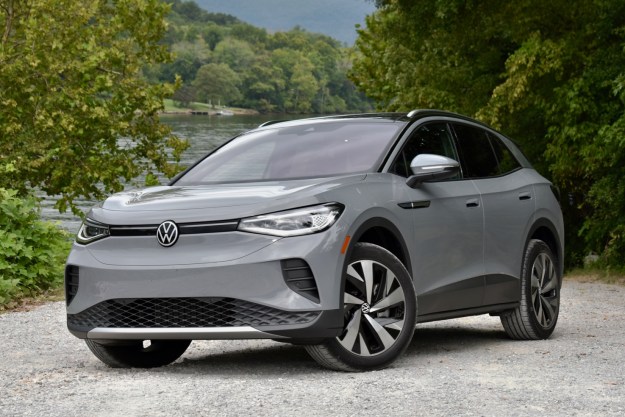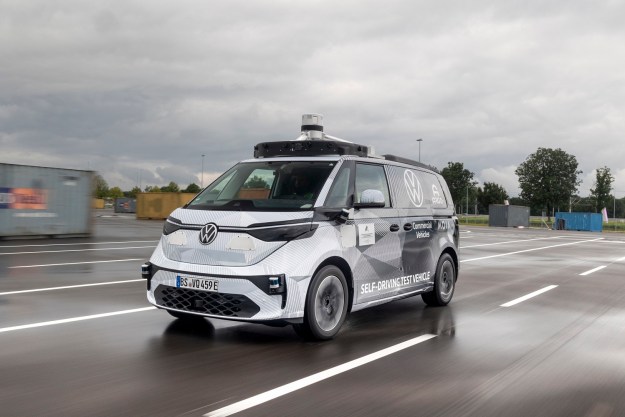
The software allowed diesel cars to cheat on emissions tests by turning on pollution-control systems only during testing periods. Volkswagen blames the situation largely on the misconduct of individual employees, lack of oversight in its own internal testing processes, and strict U.S. emissions standards.
The company says the problem started back in 2005, when it was decided to make a big push for diesels in the U.S. Throughout the last decade, Volkswagen promoted diesels as a fuel-efficient alternative to both gasoline cars and hybrids. Diesels have never been big sellers in the U.S., but VW believed the promise of good fuel economy and low emissions would win over eco-conscious buyers. It even criticized the U.S. government’s promotion of electric cars, claiming its diesels were the most realistic solution.
There was just one problem. Volkswagen couldn’t get the 2.0-liter EA189 four-cylinder engine to meet U.S. emissions standards, which are much stricter than standards in Europe, where VW sells most of its diesels. The “defeat device” was Volkswagen’s answer. It detected the conditions of a laboratory emissions test and restricted cars to legal limits, but then ignored those limits once the car was on the road.
And even when technology that would have allowed cars to meet the standards without cheating was developed, Volkswagen didn’t use it. Instead, it used the software to vary the amounts of an exhaust after-treatment additive called AdBlue, using more during testing and less during real-world driving.
A fix for European cars was recently approved by the German Federal Motor Transport Authority, and Volkswagen expects to begin recalling cars in January. But while it submitted proposed fixes to the U.S. Environmental Protection Agency and the California Air Resources Board, Volkswagen has not set a timeline for U.S. recalls, or discussed what the potential fixes might be.
Editors' Recommendations
- Volkswagen adds ChatGPT voice recognition to some models
- Volkswagen ID.GTI concept is another icon reimagined as an EV
- Volkswagen ID.7 shows not every EV needs to be an SUV
- The Volkswagen Bus is back, and this time it’s electric
- Volkswagen ID. Buzz prototype first drive: Here comes your van


